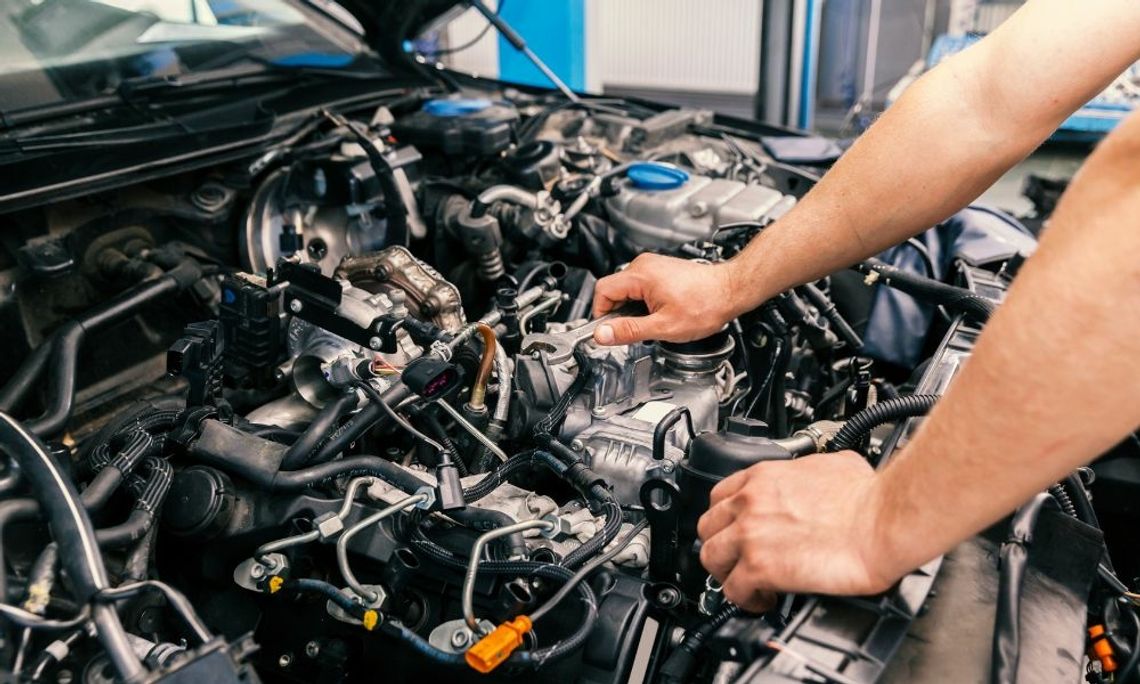People like diesel engine trucks for their enormous power and torque, making them ideal for driving over rough terrains. Unfortunately, several issues may arise when a vehicle ages. While diesel-powered trucks are long-lasting, they eventually hit a wall. Learning why your diesel engine is losing power and how to fix it can prolong the retirement period and get more miles out of your beast.
The Pumps
Diesel comes from the fuel tank through a pressure pump on the diesel filter or next to the injection pump. Weakness in the diesel pressure pump results in less-than-ideal fuel-to-air ratios, leading to subpar engine output. The inability to start the engine is a symptom of a weak diesel pressure pump.
A malfunctioning injection pump is another reason a diesel-powered vehicle could lose acceleration. The diesel fuel injection pump provides each injector with diesel fuel. When the injection pump pressure falls below or rises beyond the optimal range, a diesel engine can experience problems. Black smoke from the tailpipe is only one example; another is when it suddenly loses power. Warming up the engine and sticking to a diligent tune-up schedule will help in the long run.
Dirty Filters Leading to Poor Timing
A dirty diesel filter is one of the many causes of problems. A filter blocked with debris will decrease fuel flow and pressure. Because of the insufficient mixture, the engine will not produce its full potential. Dirt that passes the diesel filter into the injection pump can impede fuel filtering. Cleaning the air and fuel filter should reduce the risk of a faulty filter lessening your ride.
The precise moment an injector’s nozzle opens to dispense gasoline is known as its “injection timing.” The injection timing value and location on a diesel engine seldom vary. However, the positioning might be off, reducing the motor’s efficiency. Using the correct grade fuel and oil will keep your truck purring.
Turbo Under Pressure
New diesel engines have turbo technologies like Variable Nozzle Turbo (VNT) and Variable Geometry Turbo (VGT), which were not present in earlier models. The difference between a fixed-vane turbo and a VGT is the VGT controls the turbo's air pressure, which helps the engine operate at peak efficiency.
Problems with the turbo solenoid or other regulator parts may cut off air to the combustion chamber. Faulty solenoids restrict airflow or under-boost, lowering the engine's output. The combustion chamber's low compression is another reason diesel-powered vehicles lose strength. Combustion is harder to achieve with a weak combination of fuel and air, which results in low compression pressure and reduced engine power.
Now you know why your vehicle lacks the giddy-up you are accustomed to. Understanding why your diesel engine is losing power and how to fix it ensures no problems go undetected.


Comment
Comments